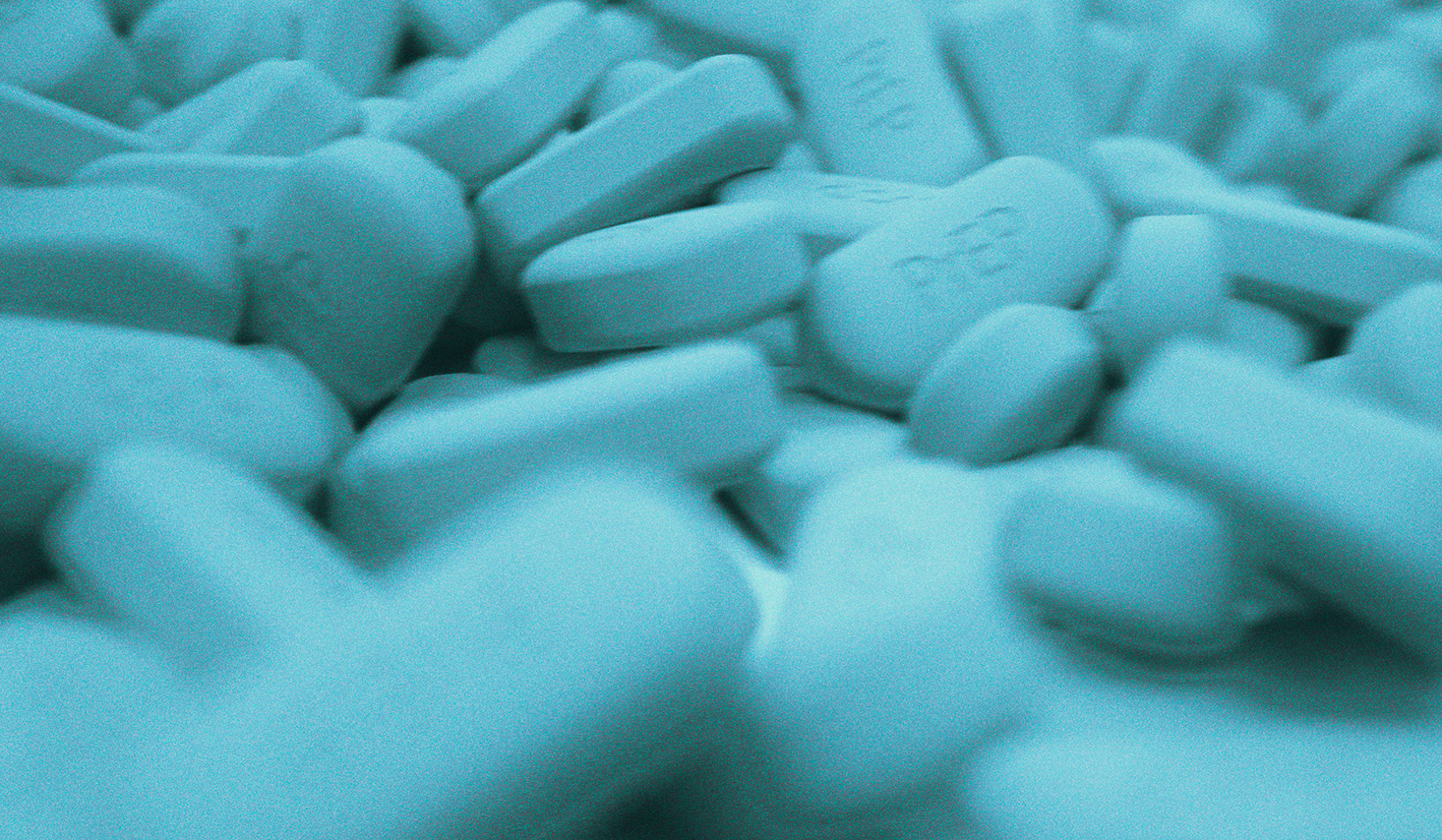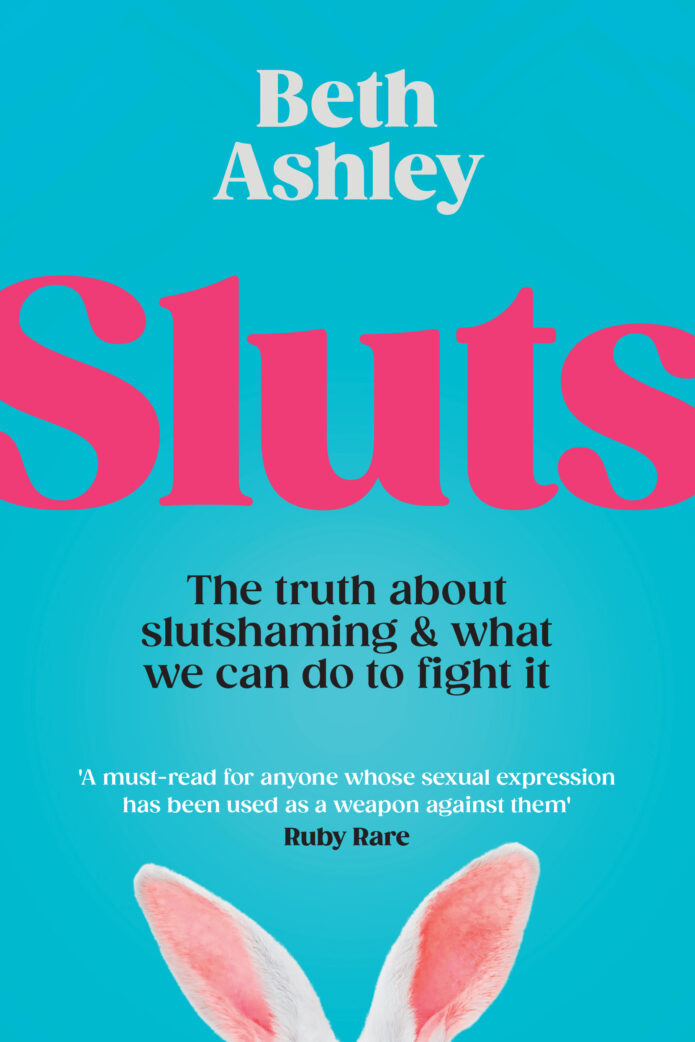
PrEP is one of the best inventions to ever grace this earth. In fact, it’s so brilliant that I can’t believe we don’t have weekly parades celebrating its arrival. Yet somehow slut-shaming manages to sneak its way into discussions about it. A revolution in the HIV and AIDS crisis, pre-exposure prophylaxis (PrEP) was approved for use in the UK and the US in 2012, the EU in 2016 and Australia in 2018. Intended to be taken by those who may come into sexual contact with someone who could have HIV, PrEP prevents users from contracting the virus, reducing the risk of it being passed on by ninety-nine per cent.
You’d imagine that the discourse around PrEP would be overwhelmingly positive. I mean, a tiny little pill can single-handedly prevent the transmission of HIV. It’s a big deal. But the arrival of the medication unfortunately birthed a new type of slutshaming. (Because we needed more of that!)
Enter: PrEP-shaming
In the 2015 research paper ‘PrEP Whores and HIV Prevention: The Queer Communication of HIV Pre-Exposure Prophylaxis’, researchers found that the arrival of PrEP created a new category of queer people: the ‘PrEP whores’. People who take PrEP are frequently painted as sluts and shamed for doing so.


FS Magazine, a publication by the Gay Men’s Health Project, released a report in 2018 showing that roughly thirty-three per cent of men on the drug have experienced discrimination over taking PrEP in the UK. The discovery follows similar trends in the US, where men on PrEP have also reported ridicule over the drug regimen. Forty-three per cent of men on PrEP were called a slut specifically because they were taking the medication.
The slutshaming around PrEP has the potential to overshadow its scientific accomplishment and even “cloud the judgement of medical providers, policymakers, insurers and potential PrEP users”, according to the ‘PrEP Whores’ research. Essentially, the availability of PrEP could be affected by the slutshaming that surrounds it, as lawmakers and governing bodies could deem it a ‘dirty’ device for promiscuity and see it as less of a priority.
“People who take PrEP are frequently painted as sluts and shamed for doing so”
This is something twenty-eight-year-old Amanda has experienced first-hand. “My boyfriend’s bisexual and we’re in a polyamorous relationship, so it was for the best that we both started taking PrEP,” she tells me. “But I was slutshamed by a doctor when I asked for it. He implied I don’t use condoms, and sarcastically asked me if I’ve ever heard of them. He then told me that having less sexual partners is always the best way to reduce STIs.” Amanda couldn’t believe what she had to go through to get the medication she needed.
PrEP is already facing shortage problems in some areas of the UK, Ireland, mainland Europe, the US, Australia and New Zealand. It’s also not available in some countries, even where homosexuality is legal, including Japan. In fact, only sixteen out of the fifty-three countries offering PrEP do so through a national health service, which would make it free to access. Yet this medication is so important for protecting queer people who are at risk of contracting or passing on HIV.
“Those who are on PrEP are being responsible. We should be applauding them, not shaming them”
Ian Howley, chief executive of Health Equality and Rights Organisation (HERO), said of the survey on PrEP users: “We really need to stop slutshaming each other. Calling each other lazy, irresponsible or promiscuous does nothing to stop the spread of HIV. It only takes one sexual encounter for HIV and STIs to be passed on.”
He added: “Those who are on PrEP are being responsible. They are stopping the spread of HIV within the gay and bisexual communities. We should be applauding them, not shaming them.”


